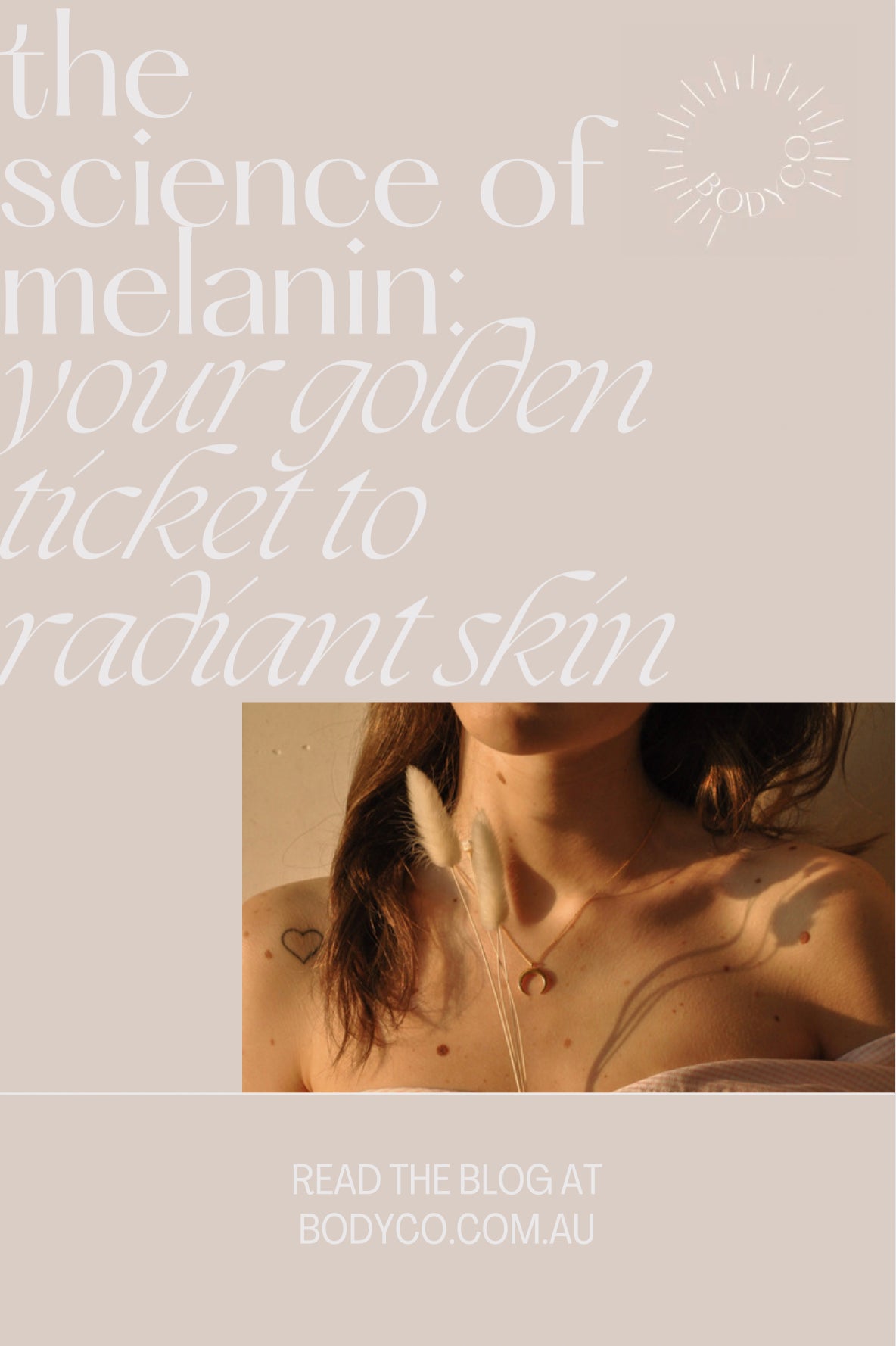Melanin is often called the golden pigment of life. It's the natural secret behind that sun-kissed tan many of us covet during the summer months. But beyond giving us a sun-kissed glow, melanin plays a crucial role in protecting our skin and overall health. In this blog post, we'll explore what melanin is, how it produces that enviable tan, and why it's so important for our well-being.
Understanding Melanin:
Melanin is a natural pigment found in our skin, hair, and eyes. It's produced by specialized cells called melanocytes, which are primarily located in the basal layer of our skin's epidermis. There are two primary types of melanin: eumelanin, which ranges from brown to black, and pheomelanin, which appears as yellow to reddish hues.
The Tanning Process:
When we're exposed to the sun's ultraviolet (UV) rays, our skin's melanocytes kick into action. Their job is to produce more melanin to protect our skin from UV damage. This increased melanin production leads to the darkening of our skin, resulting in a tan. Essentially, tanning is your body's natural defense mechanism against harmful UV radiation.
Why Melanin is Good:
1. **UV Protection**: Melanin acts as a shield against the sun's harmful UV rays. It absorbs and scatters these rays, preventing them from penetrating deeper into the skin. This UV protection reduces the risk of sunburn and skin cancer.
2. **Sun Burn Prevention**: People with higher levels of melanin are less susceptible to skin burning. Their increased melanin production offers greater protection against the DNA damage caused by UV radiation.
3. **Vitamin D Synthesis**: While melanin blocks some UV rays, it doesn't completely inhibit the synthesis of vitamin D. Instead, it helps regulate the process, ensuring that we receive just the right amount of this vital nutrient.
4. **Skin Health**: Melanin contributes to even skin tone and reduces the appearance of age spots and blemishes. It also plays a role in wound healing and scar formation.
5. **Camouflage in Nature**: Just as it protects us, melanin helps various animals blend into their surroundings for survival. Camouflage is an essential aspect of many creatures' defense strategies.
Conclusion:
In essence, melanin is nature's way of protecting our skin from harm while giving us that beautiful tan we adore. Its role in skin health, UV protection, and even cultural identity cannot be overstated. So, the next time you're basking in the sun and developing that golden tan, remember that melanin is your skin's trusty companion in the quest for health and radiance. Embrace it, protect it, and celebrate the beautiful tapestry of skin colors it creates in our world.




